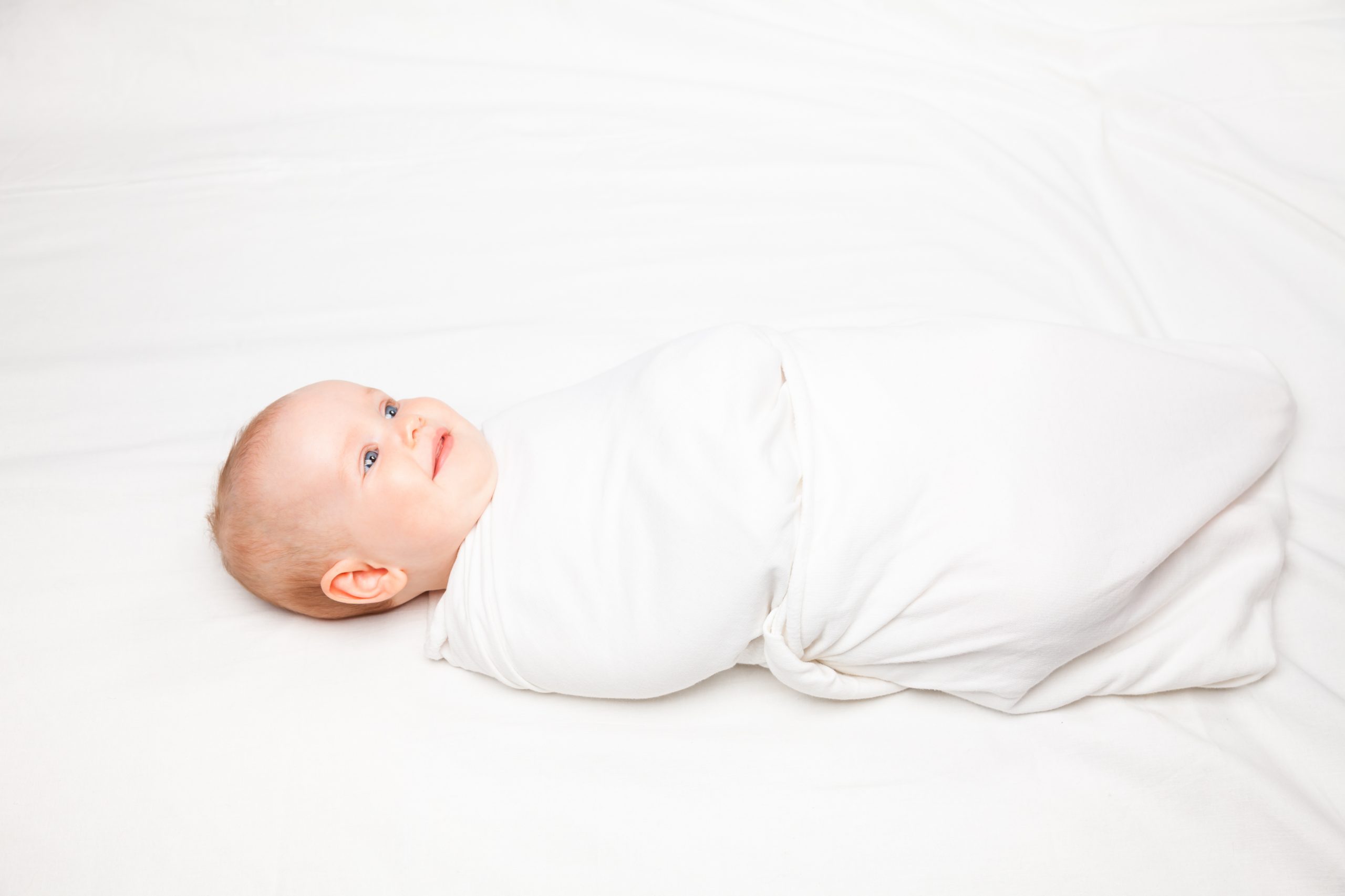10 Tips for Mother and Baby: What to Do for Your First Week at Home

The first week home is a big milestone for mother and baby. Although it’s a time filled with nappies, coffee, and laundry, it’s also a wonderful bonding experience. To help you learn what to expect, we’ll go over everything you need to know about the first week with baby.
From introducing them to your four-legged baby to how to bathe them and yourself, we’ve got you covered. We’ll go over everything from the strange colours you’ll find in a nappy to tips for helping your baby sleep. This week will be full of firsts you won’t forget.
1. Get in the Groove with Feedings
Without a doubt, feedings are some of the most stressful times for new mums and newborn babies. Give yourself some breathing room and take your time. Whichever way you choose to feed your baby, go easy on yourself.
You and your baby are all trying to figure out this new life. Little babies have little stomachs. They get full quickly and are hungry often. Rest easier, knowing that this is all-natural.
One thing to keep in mind is that your baby will not be on a regular feeding schedule in the first week home. What can start to take shape is a rhythm. The practice of feeding, playing, and sleeping is a good cycle to try.
This is much easier to implement than a rigid feeding schedule, especially in the first few weeks and months of life. While your newborn isn’t playing necessarily, think of this as awake time.
Once they wake up, try feeding your little one. From there, give them a period of awake time. You can sing to them, give them snuggles, or just stare in wonder.
As long as they are awake, this time counts. After all the action, they will likely fall asleep.
Although all babies will follow their own ‘normal’ routines -many older babies (not all) will follow this rhythm of eating, playing, and sleeping. They won’t get used to needing to be fed to fall asleep. Instead, they will look forward to eating when they wake up. They’ll then enjoy playing or doing tummy time, followed by a snooze.
2. Baby’s First Bath
Wash your baby with a warm washcloth in an infant tub, the sink, or on a towel on the floor. Your baby hasn’t had a chance to play in the mud, so don’t worry that they aren’t taking a full bath in the first week.
Washing their hands, face, feet, and nappy area are good places to start in the first days at home. Check the water temperature before you wash your baby. Never leave them alone on a table or in an infant tub.
3. Sleep Rhythms
Sleep in the first week home will be irregular, to say the least. Try not to stress. This is completely natural. If you’re trying to follow the eat, play, sleep method, your baby will settle into a nice pattern as they age.
For now, when your baby is tired, let them sleep. Follow their cues. Newborn babies need between 14 and 17 hours of sleep in the first three months of life.
When the baby is sleeping, it’s a good time for you to shut your eyes as well. Housework can wait until your baby is awake. They’ll love the soothing vacuum sounds and watching you move around the house – no need to waste precious sleep time.
To help your baby sleep, create a relaxing environment. Use a swaddle and always place your baby on their back to sleep. Their cot or bassinet should only contain a sheet.
Keep toys and loose blankets out of their cot. This is all a part of creating a safe sleep environment.
Babywearing helps a newborn sleep in the first few days home as well. They miss the warm, comfort of the womb: a swaddle, sound machine, and light fan help to mimic the womb environment.

4. Your Child’s First Check up
Your baby will visit the practitioner or health nurse within the first few days of being home. This visit is important for several reasons. First, your healthcare provider will check your baby’s weight. They’ll want to make sure they are gaining the weight they need.
Their weight also gives an idea of how much food they are getting. Your doctor will also check their skin colour for any signs of jaundice or yellowing. They will ask you about any concerns and how their nappy schedule has been as well.
This is a great time to ask all the questions you have. You are bound to have a lot of questions that first week home.
5. Exploring the Nappy
Your baby’s nappy will tell you a lot about how they are eating. Constant wet or soiled nappies are a good sign. This means your baby is well-fed and hydrated.
At first, your baby will have a tar-like substance coming from down below. Within a few days, their bowel movements will change colour. The colour and consistency will vary depending on how you’re feeding them.
6. Pet Introduction
You may not be the only one in your house, adjusting to a new roommate. If your family has a pet, it will need some time to adjust, as well. It can be helpful to give your pet something of the baby’s. A blanket, for example, will smell like you both.
Take your time and give your pet some time too. It’s completely natural for them to ignore the baby at first. This is just their way of adjusting. Speak to your vet if you have any concerns over your pet’s reaction to your baby. For more information on pet introduction please read our blog!
7. Ease into Activity
Right after you give birth, isn’t the time to start hitting the gym. You need to let your body heal after everything it has been through. Let your partner or other family members help you if they can.
If you’re able, some light walking will feel nice. It’s a great way to ease back into activity and help your body heal. It also helps give you and your baby some fresh air and sunshine.
Indirect sunlight helps a baby with everything from jaundice to sleep. Take things slow the first few days and go easy on yourself. Motherhood is hard enough without putting unrealistic expectations on yourself.

8. Mastering the Swaddle
The nurses in the hospital probably made swaddling a baby look as easy as tying your shoes. This important skill takes time to master, however. Once you do, swaddling can really help you and your baby get more sleep.
Swaddling makes a baby feel snug, secure, warm, and safe. Much like they did on the inside. Swaddling also helps keep their hands and feet snuggly by their side. Babies have a strong startle reflex that can wake them up. You can find some directions for the traditional swaddle here.
If a baby isn’t swaddled, their arm can shoot up while they are sleeping, startling them awake. When your baby startles awake, you’re awake as well. You can swaddle a baby arms up, or arms down. Don’t despair – if you can’t master the art of the traditional swaddle, an Australian brand offer some great simple zip up options here.
Never swaddle an infant and place them face down. Your baby should always be on their back when swaddled. Older babies shouldn’t be swaddled anymore once they start to roll over.
9. Taking Your First Shower
In the first couple of days home, you’ll need a little extra care down there. No matter which way you gave birth, your body needs time to heal. The first shower back at home is one of the best.
Ask your practitioner about cleaning and showering tips when you get home. You won’t be able to soak in a deep tub until you’re healed, but a sitz bath or a shower is great.
A sitz bath is a warm, shallow bath, used to heal itching and soreness. A shower is best with a C-section so you can rinse your scar. Pat dry after either and don’t use any harsh soaps or cleansers.
Take a few extra minutes in the shower for yourself. You need some rest, mum. Self-care will help you take better care of your little one.
10. Don’t Forget to Feed Yourself
Taking care of a newborn can be all-consuming. Make sure you take the time to feed yourself. It’s easy to forget to eat when you’re concentrating so hard on feeding your baby.
Keep things simple by meal prepping and having fresh, healthy snacks available. The last thing you want to do after being up all night is to cook a big meal. Keep things you can grab easily.
Fresh fruit, nuts, cheese, and vegetables (all of which are ok – but make sure to wash fruit and vegetables well) are great snacks to keep on hand. You can eat them as-is without any big preparation. The more energy you have, the better you’ll feel.
Important Tips for Mother and Baby
The first week home is a big one for both mother and baby. It’s a time to bond, snuggle, and learn from each other. While you’re both adjusting to your new world, remember to show yourself some grace.
There is no perfect way to do anything. What works for you and your baby is what’s best. Lean on your family, friends, and your village for support, especially in the first week. These people love you and can’t wait to show it. Just remember that your new little one’s immune system is still developing, so potential bugs brought into the home by visitors should be considered in respect of well wishes and cuddles.
Most importantly, enjoy those peaceful moments. Even if you wish there were more of those in the middle of the night.
To learn more about Nutura Certified Organic nutrition for your child, see the full range here.
This article is designed to provide general advice for parents and guardians, for specific health advice, please consult with your child’s healthcare practitioner.



